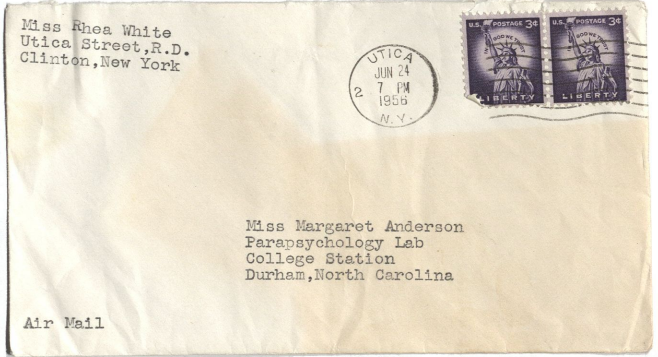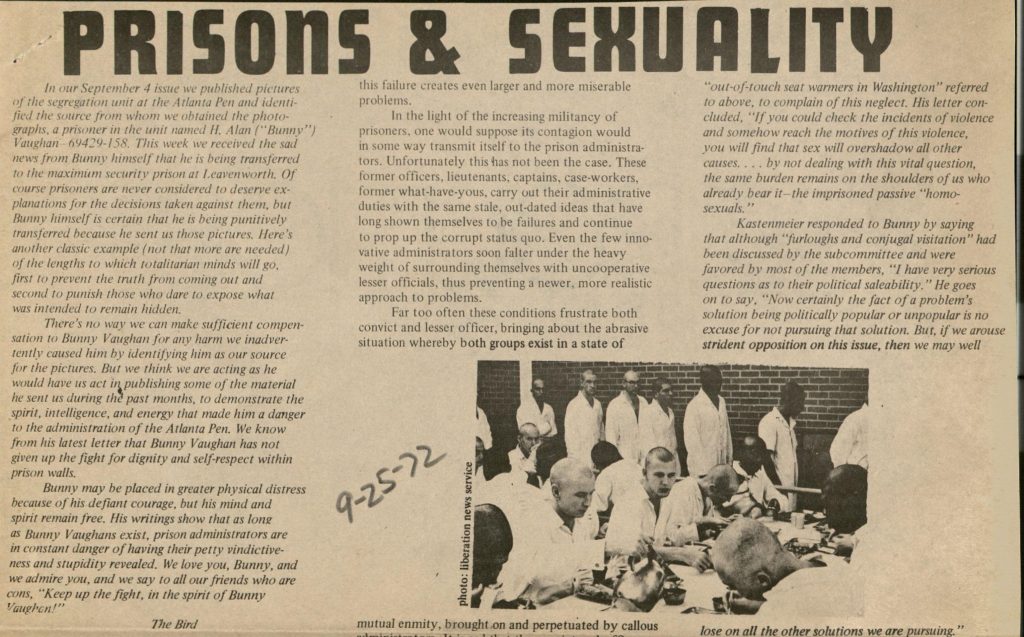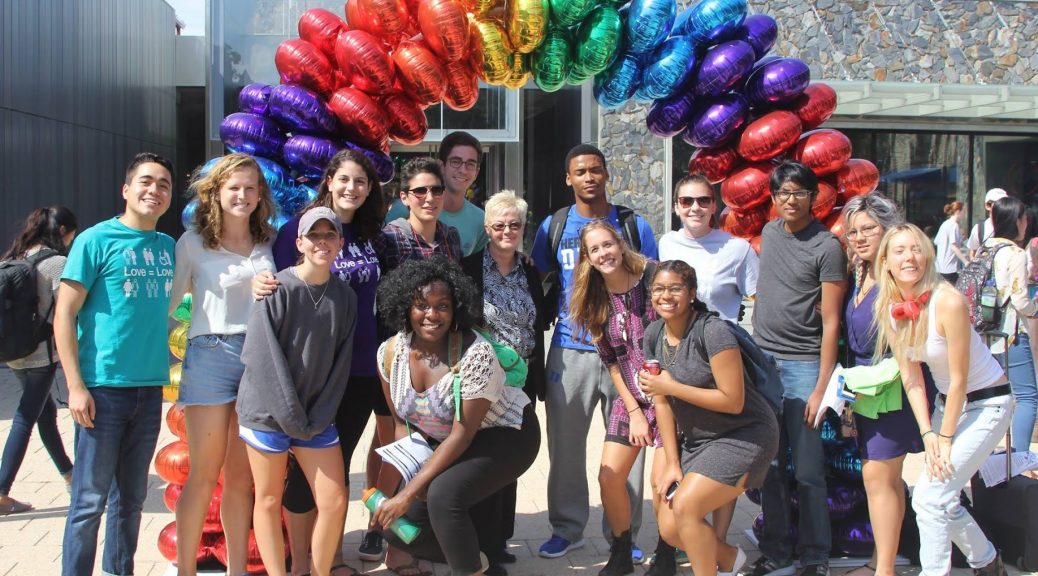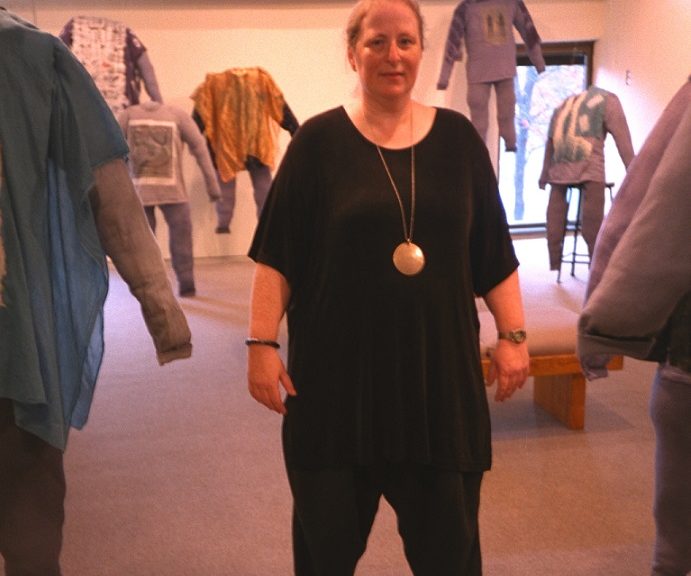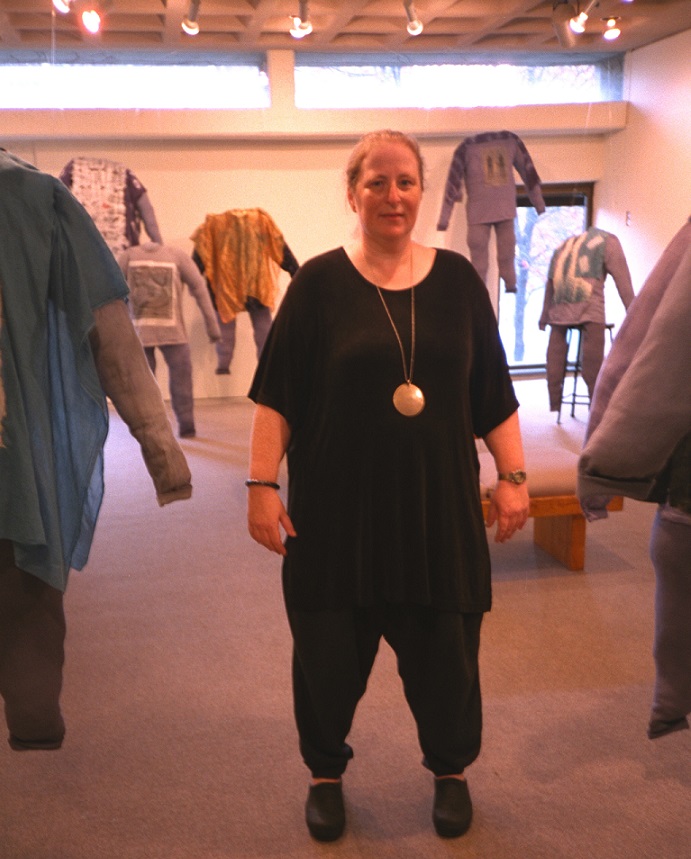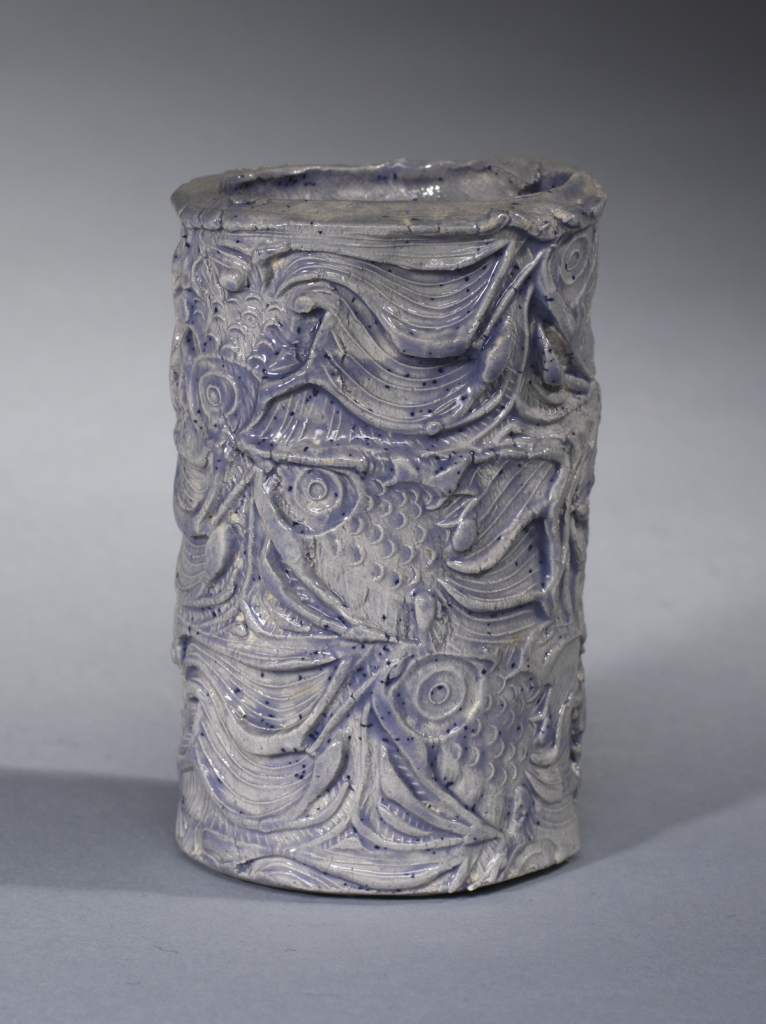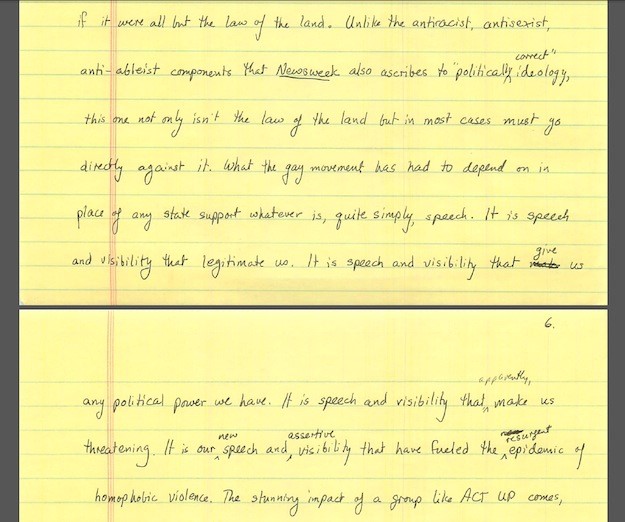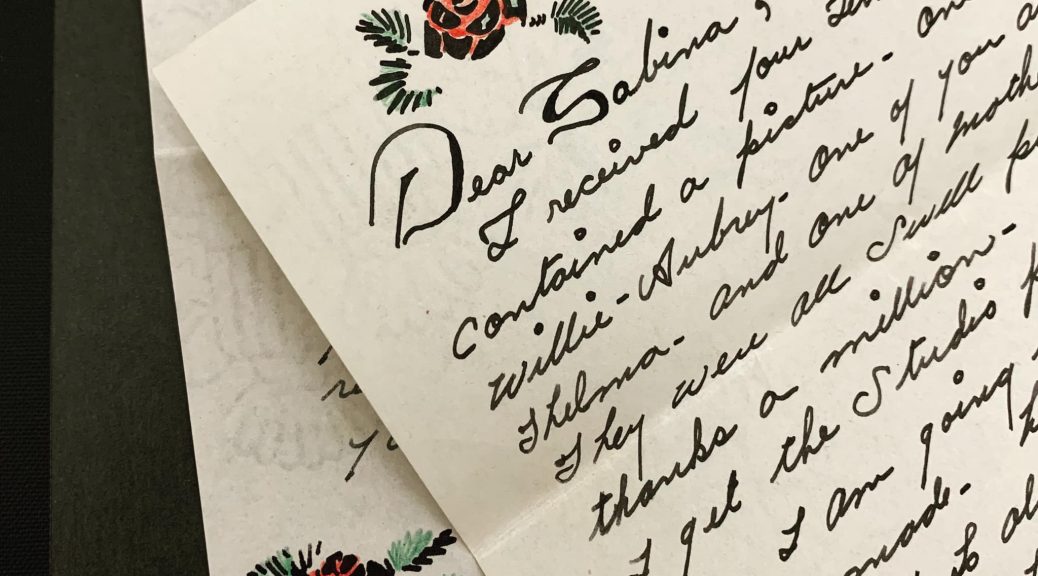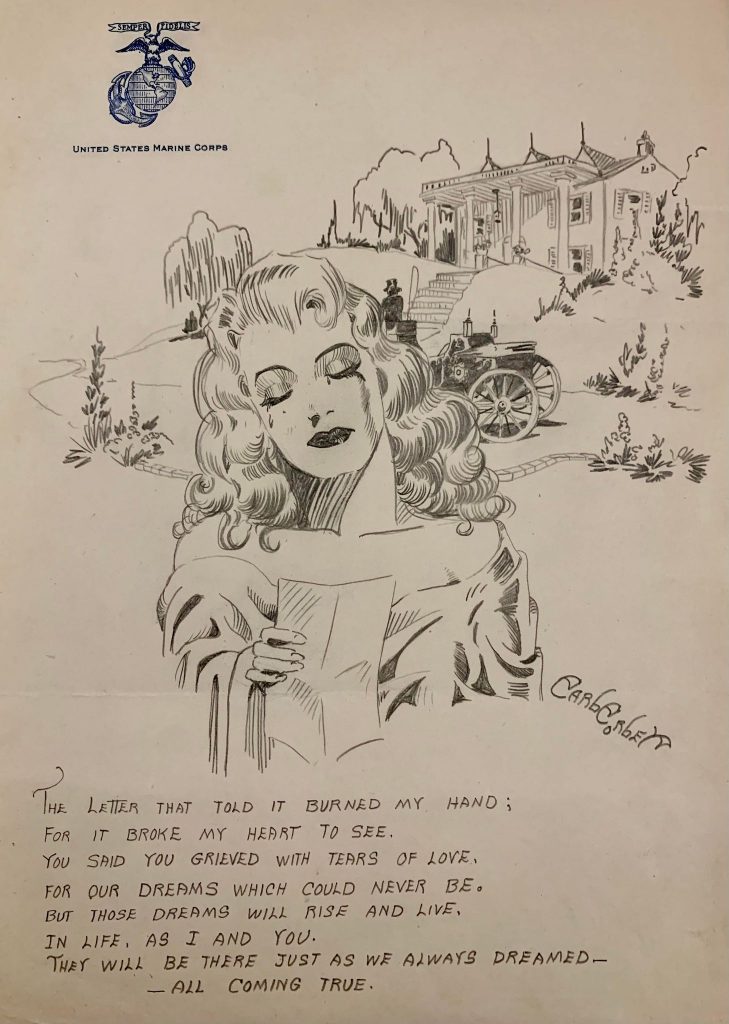The Rubenstein Rare Book & Manuscript Library is pleased to announce the recipients of the 2023-2024 travel grants. Our research centers annually award travel grants to students, scholars, and independent researchers through a competitive application process. We extend a warm congratulations to this year’s awardees. We look forward to meeting and working with you!
Sallie Bingham Center for Women’s History and Culture (Mary Lily Research Grants)
Ola Aboukhsaiwan, Ph.D. candidate, London School of Economics and Political Science, “Surviving Abortion: Clinics, Competition, and Connections.”
Sophie Abramowitz, Independent Researcher, “Rosetta Records Creative Reissue Project.”
Anne Gray Fischer, Faculty, University of Texas at Dallas, “Women Killers: Murder in the Era of Feminist Liberation.”
Wendy Rouse, Faculty, San Jose State University, “The Feminist Self-Defense Movement in the Era of Women’s Liberation.”
Rachel Tang, Ph.D. candidate, Harvard University; Department of History of Art and Architecture, “Lessons in Repair: History, Materials, and Processes of Pedagogy in American Art.”
Tessel Veneboer, Ph.D. candidate, Ghent University, “Negativity, sexuality, and formal innovation Kathy Acker’s literary experiments.”
John Hope Franklin Center for African and African American History and Culture
Anna Duensing, Postdoctoral fellow, Carter G. Woodson Institute, University of Virginia, “Fascism Is Already Here: Civil Rights and the Making of a Black Antifascist Tradition”
Monique Hayes, Writer, “Sally Forth,” a historical novel based on African-American experiences during the American Revolution, 1771-1785.
Marie Hubbard, Ph.D. candidate, Department of English and Comparative Literature, “‘Ivy and Cane’: New and Old Forms of Trans-Atlantic Exchange in the Literature of Ayi Kwei Armah.”
Breanna Moore, Ph.D. candidate, University of Pennsylvania, “‘Whose Loss?’: Reparations, Indemnities, and Sovereignty During the Era of Slave Trade Abolition in the Atlantic World.”
Elizabeth Schlabach, Faculty, Department of History, Lawrence University, “Segregated and in the Shadows: Black Women’s Off the Books Labor in Jim Crow Southern Cities.”
Katharina Weygold, Ph.D. candidate, Brown University, “African American Women and Haiti During the U.S. Occupation, 1915 – 1934.”
Harry H. Harkins T’73 Travel Grants for Lesbian, Gay, Bisexual, and Transgender History
Courtney Block, Faculty, Indiana University Southeast Library, “Rhea White & Margaret Anderson Letters.”
Adam Kocurek, Ph.D. candidate, CUNY Graduate Center, “Academic Closets and Labor Trials: LGBTQ+ Academics and Activism in the Industry from 1960-Present.”
Suisui (Sway) Wang, Ph.D. candidate, Department of Gender Studies, Indiana University Bloomington, “Answering the Call(s): Sexual Politics of Hotlines and Technopolitics of Sexuality.”
John W. Hartman Center for Sales, Advertising, and Marketing History
John Furr Fellowship for J. Walter Thompson Archives Research
Cara Fallon, Faculty, Jackson School of Global Affairs, Yale University, “Ageism in twentieth and twenty-first century United States as it permeated American culture, medicine, and society.”
Susana Sosenski, Faculty, Instituto de Investigaciones Historicas, Universidad Nacional Autónoma de México, “The arrival of Kellogg’s breakfasts in Mexico: a history of the advertising campaign 1940-1970.”
FOARE Fellowship for Outdoor Advertising Research
Jacob Saindon, Ph.D. candidate, Department of Geography, University of Kentucky, “The Production of Commercial Attention: Advertising, Space, and ‘New’ Media in the Contemporary U.S.”
Alvin Achenbaum Travel Grants
Maria Elena Aramendia-Muneta, Faculty, Universidad Pública de Navarra, “The use of new energies and technologies for advertising purposes in the atomic age (50s and 60s).”
Aimée Plukker, Ph.D. candidate, Department of History, Cornell University, “Europe Calling: The Marshall Plan, U.S. Tourism to Europe, and the Making of “the West.””
Pierre-Yves Donzé, Faculty, Graduate School of Economics, Osaka University, “Making Swiss watches and luxury good: the cooperation between J. Walter Thompson and Rolex, 1960-1990.”
Keely Mruk, Ph.D. candidate, Departments of History and History of Science, Medicine, and Technology, University of Wisconsin-Madison, “A Taste for Existential Threat: Women, Food, and Technologies of Preservation in Cold War America.”
Dael Norwood, Faculty, Department of History, University of Delaware, “The Beginnings of the Businessman: How Exclusion, Education, and Globalization Shaped an American Identity.”
Stephanie Vincent, Faculty, Department of History, Kent State University, “From Luxury to Defense: Glass, Silver, and China During World War II.”
History of Medicine Collections
Christopher Blakley, Faculty, Core Program, Occidental College, “”Race Science and the Senses in the US Exploring Expedition, 1838-1842.”
Austin Bryan, Ph.D. candidate, Department of Anthropology, Northwestern University, “‘It’s Our Aid’: Liberation Through Disease in Uganda.”
Sarah Parker, Faculty, School of Humanities, Jacksonville University, “Science as Spectacle: Satirizing Scientific Discourse in Shadwell’s The Virtuoso (1676).”
Matthew Soleiman, Ph.D. candidate, Department of History, University of California San Diego, “The Person in Pain: A Genealogy of Bodily Experience.”
Human Rights Archive
Amy Kerner, Faculty, Department of History, University of Texas at Dallas, “Human Rights Activism and Forced Disappearance from the 1976 Coup to the Rome Statute.”
Claudia Monterroza Rivera, Ph.D. candidate, Vanderbilt University, “‘Defender Nuestros Derechos:’ Catholic Women and Transnational Human Rights Activism in Central America and the United States, 1970s-1980s.”
Carolyn Robbins, Ph.D. candidate, Department of Communication, University of Maryland, “Riot Rhetorics: The Language of the Unheard.”
Debbie Sharnak, Faculty, Department of History, Rowan University, “Jewish Internationalism and the Southern Cone Dictatorships.”
Brigitte Stepanov, Faculty, George Institute of Technology, “Cruelty, War, Fiction: Redefining the In-Human.”
Eve Kosofsky Sedgwick Research Travel Grants
Matilde Manara, Postdoctoral Fellow, Collège de France, “Proustmania! Reading, writing, sewing Proust today.”
Christina Olivares, Ph.D. candidate, Department of English Education, Teachers College at Columbia University, “Reparative Gestures/Queering Education: Eve Kosofsky Sedwick’s pedagogical practices and James Sears’ research in adolescent education.”
Evan Pavka, Faculty, Department of Art & Art History, Wayne State University, “Reconstructing ‘Queer Space’.”


